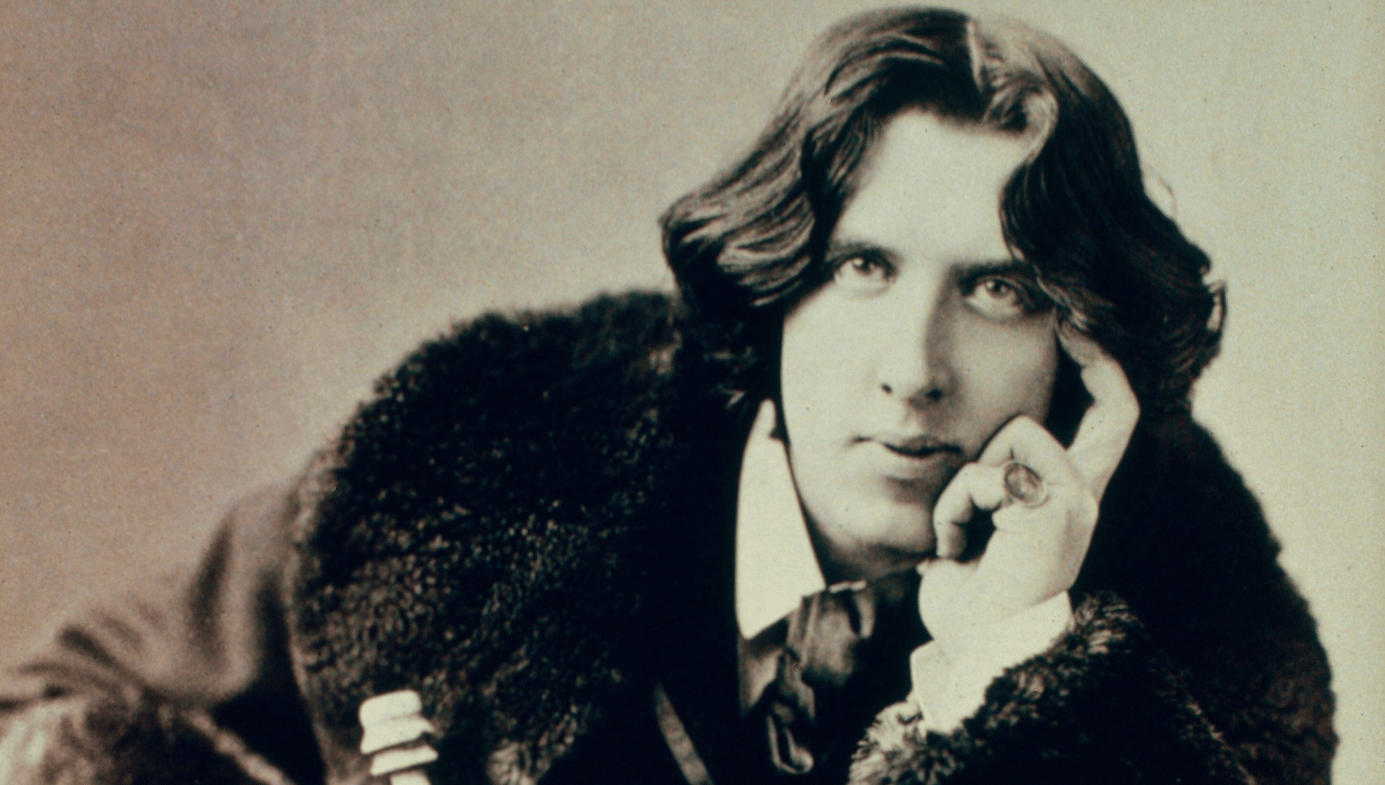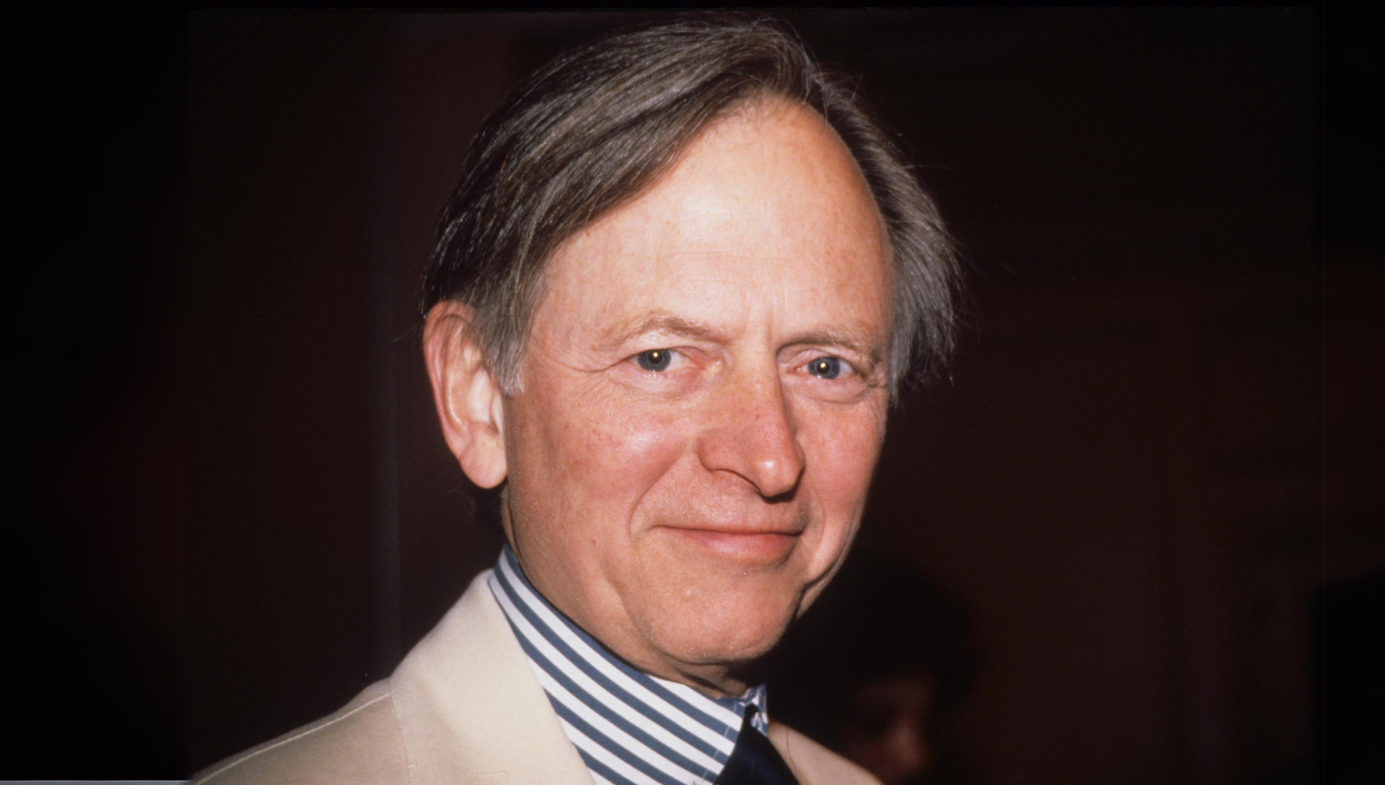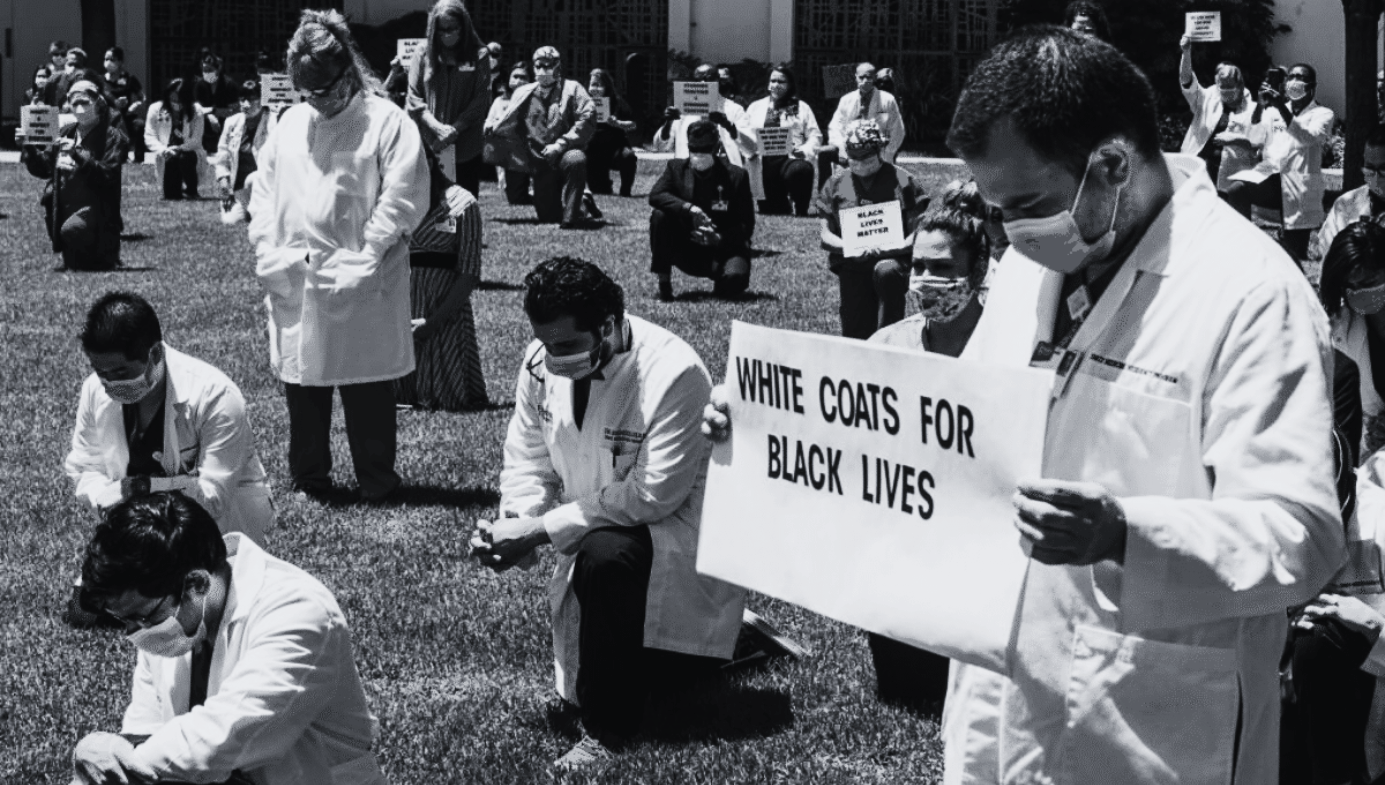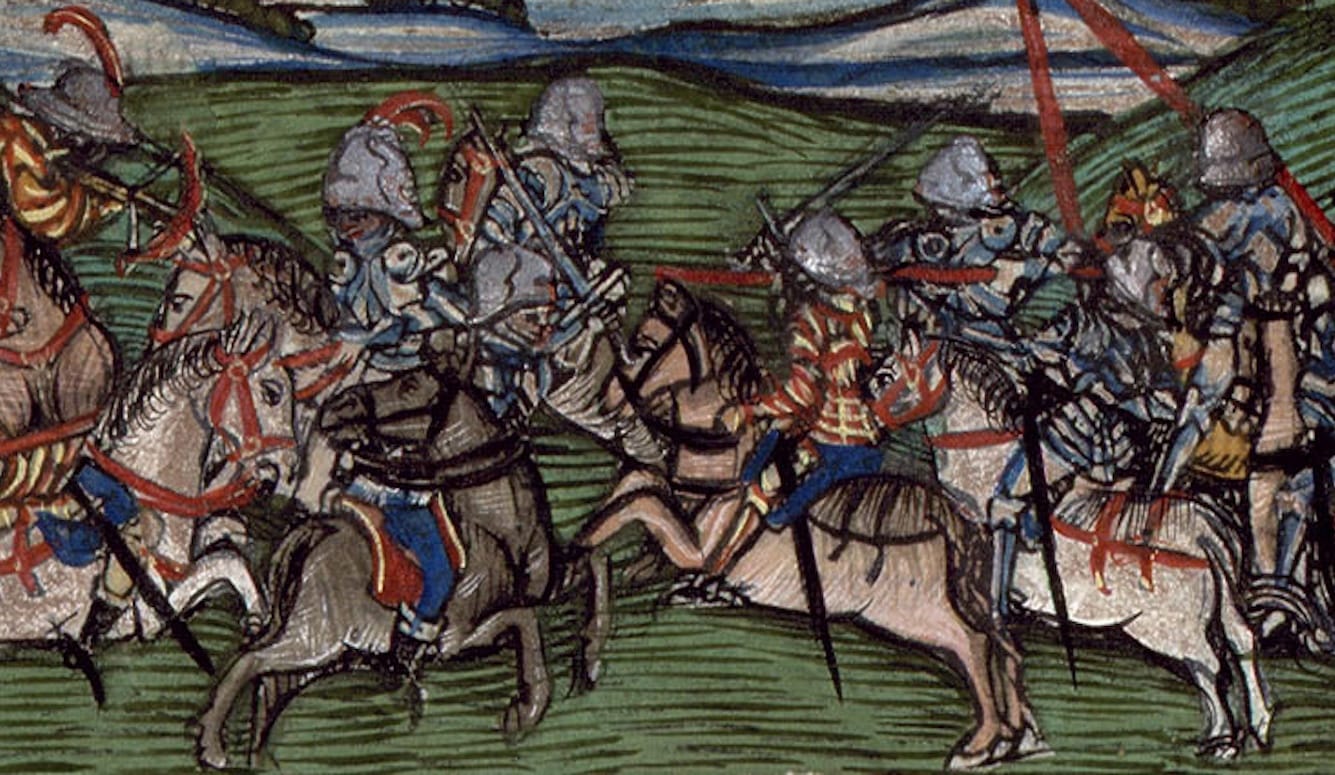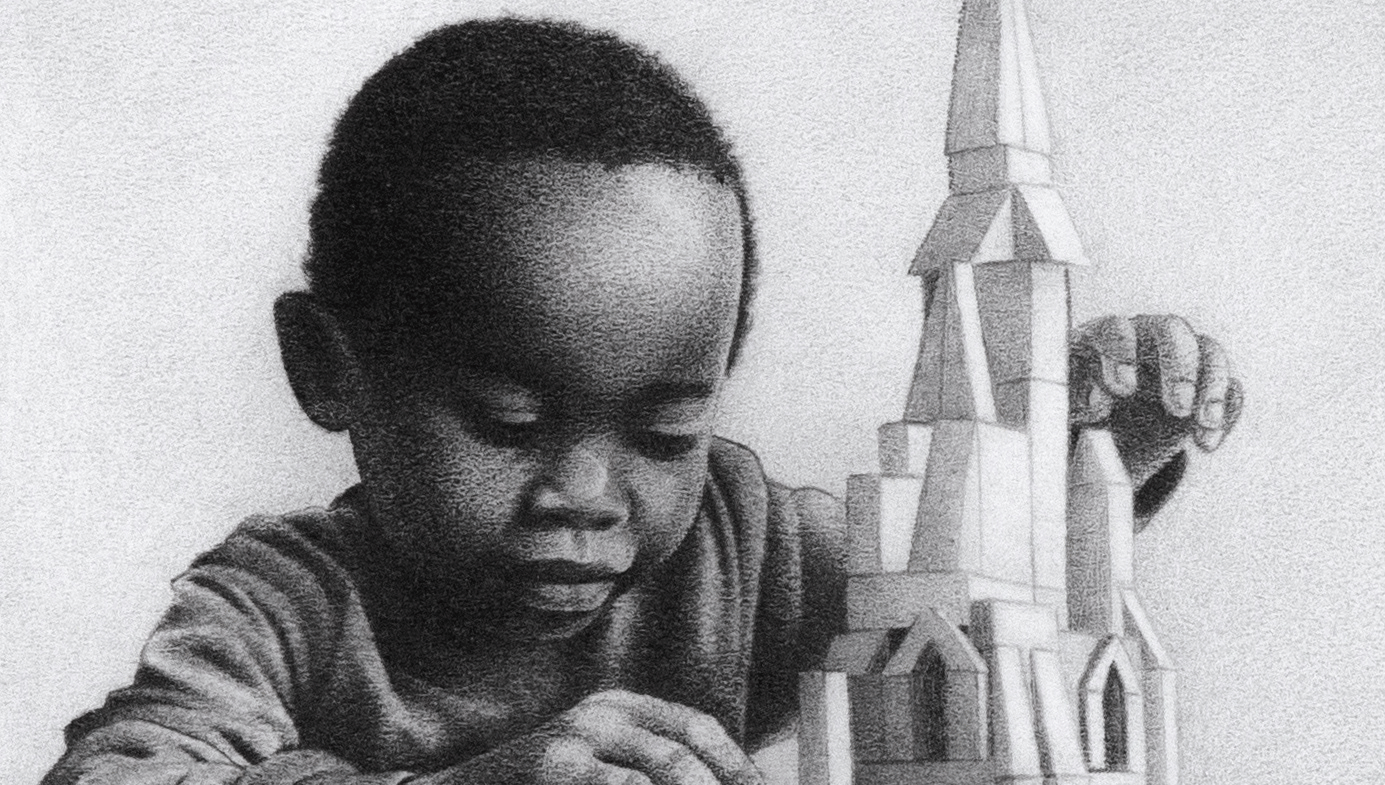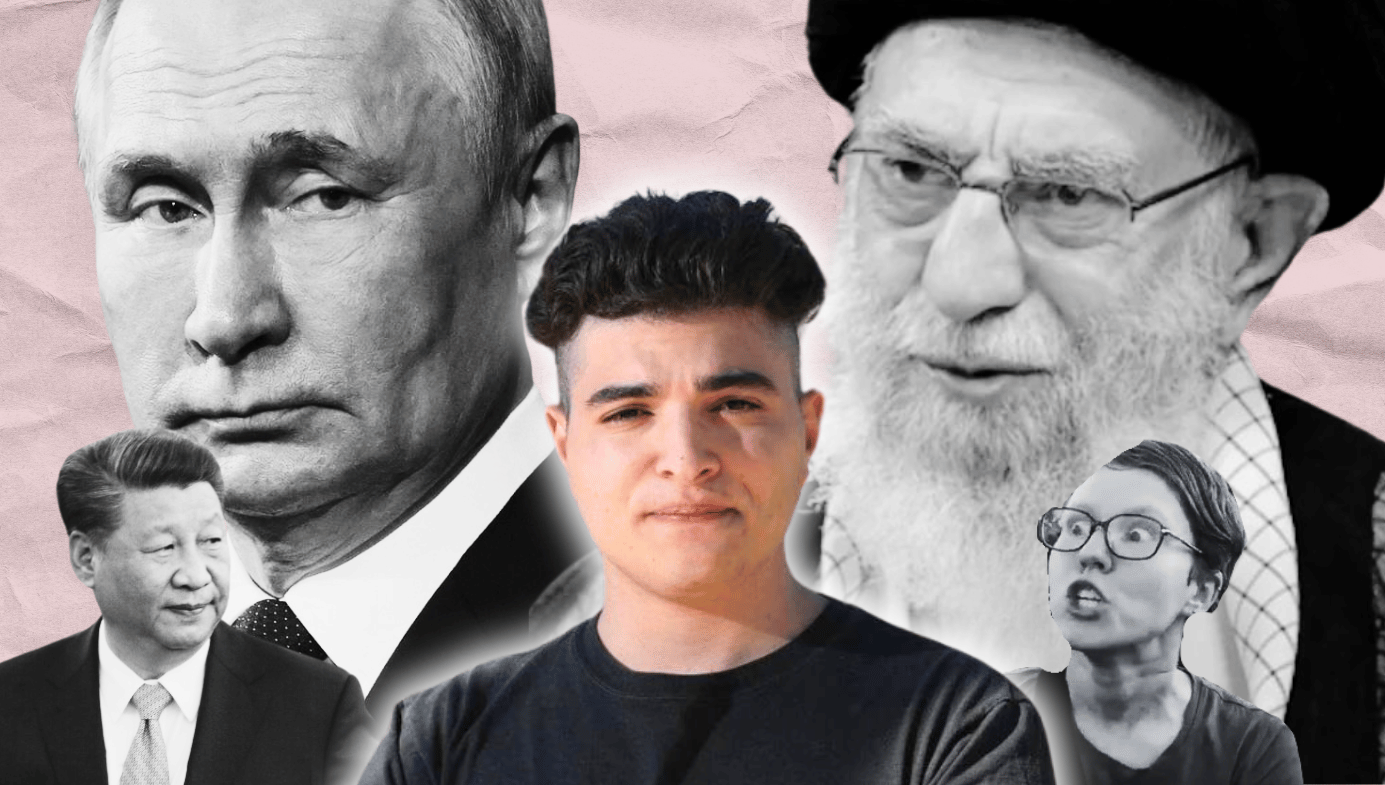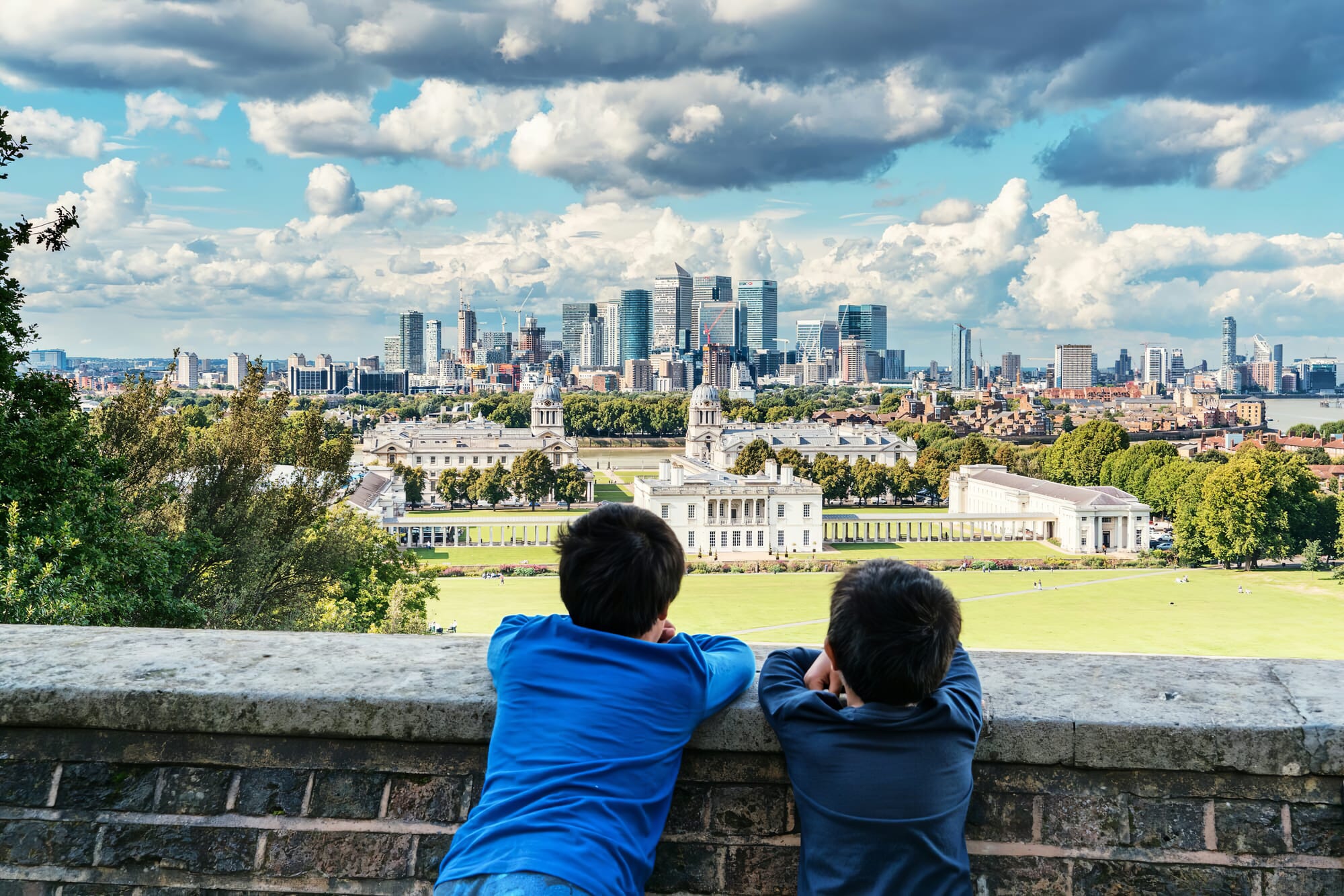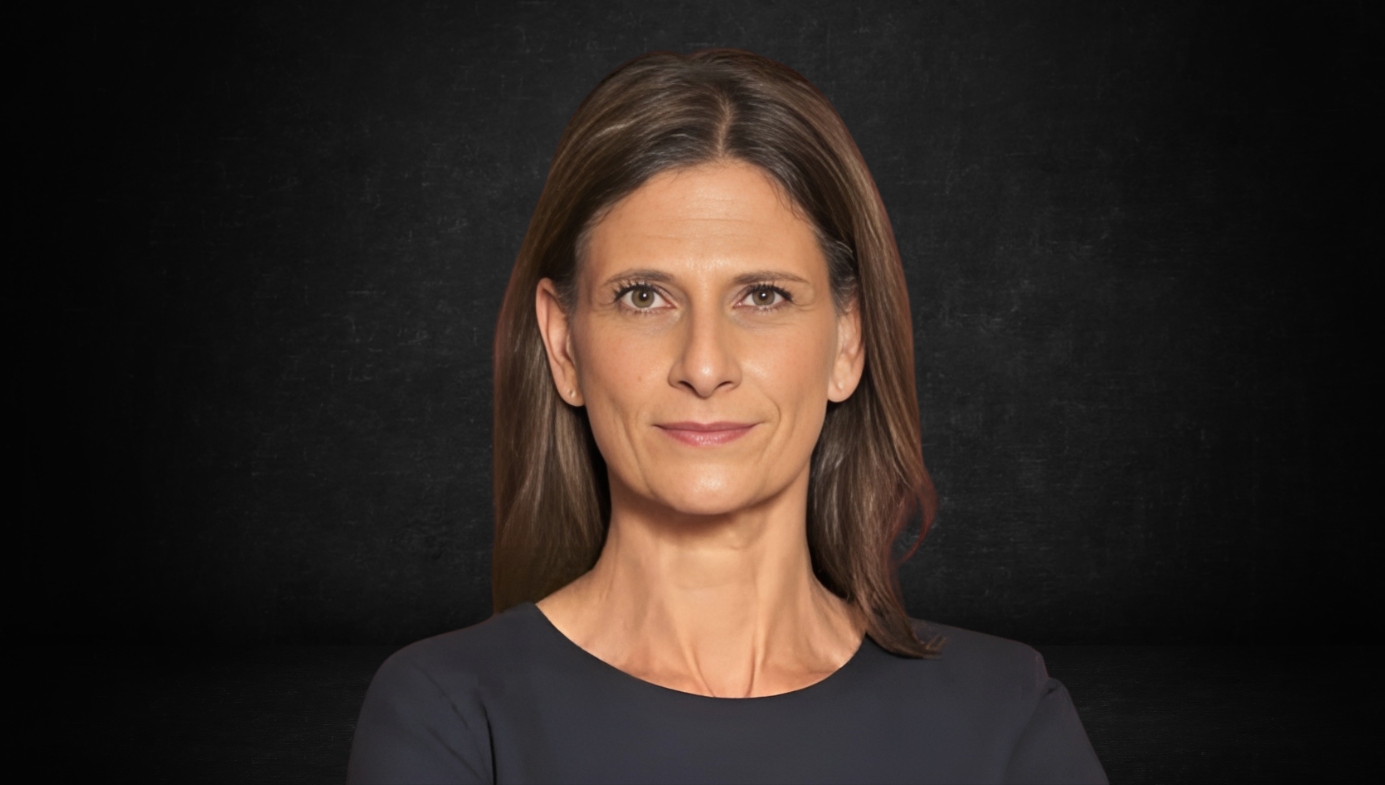Nostalgia for Confinement
Why are some in Russia and Eastern Europe pining for the communist system that once oppressed them?
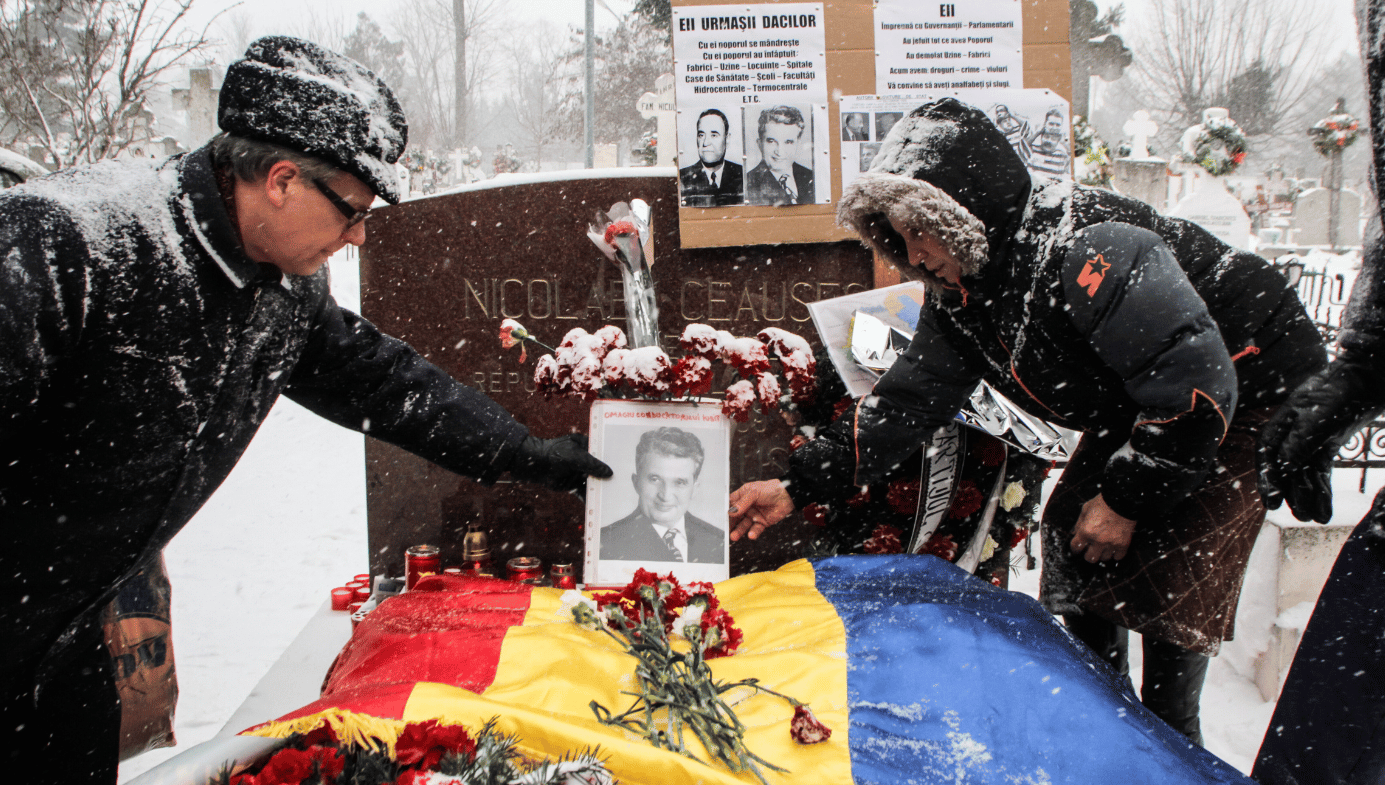
Liberal democracy’s claim to be a superior form of government rests on its protection of choice, freedom, political accountability, the rule of law, and civic equality. The free press and broadcast media in such states comprise a necessary pillar of this system, and they open their columns and screens to almost every sort of opinion. Liberal democracies also valorise those who seek to bring liberalism and democracy to authoritarian states, often at great cost to themselves—Nelson Mandela in South Africa, Lech Wałęsa in Poland, Vaclav Havel in what used to be Czechoslovakia, Liu Xiaobo in China, and most recently, Alexei Navalny in Russia, who was tortured to death in the coldest region of his country.
I spent the best part of a decade as a journalist covering countries in Central Europe and then in the Soviet Union at a time when they were leaving autocracy for freedom. One of the last of the Central European states I went to was Romania, which experienced a 20th century more hideous than any of its fellow communist states in a rough neighbourhood. Ruled from 1965 by Nicolae Ceaușescu, a communist who broke with Moscow, its people were poor, cold, hungry, and oppressed by the Securitate secret police. Ceaușescu cut heat and rations to pay back his nation’s debt, and because women were forbidden from using contraception or obtaining an abortion, large numbers of children were given to terrible state orphanages.
I travelled to Romania a few days before Christmas in 1989. A rally addressed by Ceaușescu at the Communist Party headquarters in Bucharest’s main square had turned rebellious. He and his wife Elena tried to escape, but they were captured, hastily tried by a kangaroo court organised by their former comrades, and executed by firing squad on Christmas Day. The nation rejoiced: one of communism’s monsters was dead and Romania had returned to Europe. Ion Iliescu, whom Ceaușescu had pushed out of the leadership, became president and held free elections. The country opened up, and branches of McDonald’s and Starbucks soon appeared on city streets.
Soviet communism’s demise was differently constructed but just as decisive. Mikhail Gorbachev, the last general secretary of the Communist Party of the Soviet Union, had spent five years tentatively introducing small freedoms. Glasnost was designed to open up debate, while perestroika was supposed to bring elements of the market to a wholly statist economy. Glasnost worked too well, and taboos on what could be said and published rapidly toppled to the consternation of Soviet conservatives; perestroika disrupted industries and supply networks, causing shortages of everything. To add to the misery, Gorbachev (who was teetotal) briefly restricted the buying of alcohol, a move that made him very unpopular (which, for other reasons, he remained).
In both Romania and Russia, the post-communist era was chaotic. A few people managed to become fabulously wealthy, but the vast majority became poorer, especially in Russia. In Romania, Ceaușescu’s autarchic economic policy had demanded the inefficient domestic production of virtually everything, and most of the highly subsidised production plants have now collapsed. Unemployment soared, and millions of Romanians left to find work in Western Europe and North America. During a recent trip to the former industrial town of Roșiorii de Vede, I learned that around a third of the town’s population had left for the West, and every one of the ten factories had closed. The recently formed New/Far Right party, the Alliance for the Union of Romania, is attracting thousands of potential voters (according to its local leader).
The West had been oversold. Widespread assent had greeted Francis Fukuyama’s belief—expressed in his book The End of History and the Last Man, and more briefly in an earlier essay on the same theme in the National Interest—that liberal democracy was “the ideal that will govern the material world in the long run [his italics].” But people do not live in the long run. Communism was the only system most Romanians and Russians had known, and they had been taught that it was superior in every way to democracy and capitalism.

